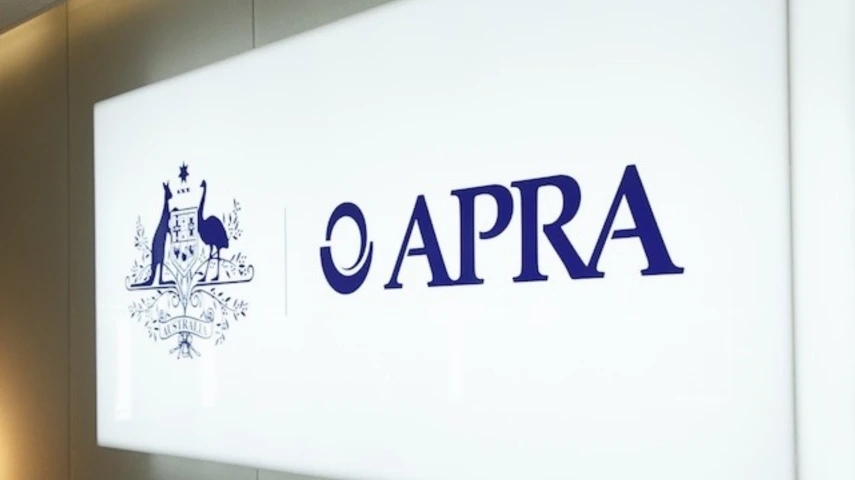APRA to double down on superannuation oversight in 2024



The prudential regulator has published its supervision and policy priorities for the first half of 2024, which include a number of initiatives regarding the superannuation sector.
The Australian Prudential Regulation Authority (APRA) said that over the next year it “intends to provide entities with a better sense of what to expect”.
Among this will be a spotlight on unlisted assets, with a “deep dive” review expected in the next six months on asset valuation and liquidity management practices will be conducted for a cross-section of large and mid-sized trustees with material unlisted asset exposures.
This is alongside a review of funds’ self-assessments against requirements in Prudential Standard SPS 530 Investment Governance.
Last year, a review by the Financial Regulator Assessment Authority (FRAA) had found APRA’s supervision and resolution work in unlisted assets and associated valuation practices may have been “delayed and deprioritised”, with the potential to lead to unfair member outcomes for millions of Australians.
It found APRA’s response to trustee valuations of unlisted assets, which include assets like airports and toll roads, private equity, and office buildings, emerged “in response to ongoing media coverage of the issue rather than APRA’s proactive identification”.
Shortly after, following a two-year process of consultation and reform, APRA published guidance to help super trustees with the formulation, implementation, and oversight of an investment strategy, including unlisted assets.
APRA’s supervision and policy priorities for 2024 also reiterated its focus on retirement outcomes, on the heels of a recent Treasury consultation into super’s role in retirement.
Released in December, the discussion paper noted the number of retirees with a super account is expected to more than double over the next decade, with 2.5 million Australians set to retire although they lack access to appropriate products to maximise their super.
Some 84 per cent is held in account-based or allocated pensions, highlighting an opportunity for funds to develop new products. Take-up of lifetime income products remains low, it said, and there have been few innovative products coming to market.
“RSE licensees will need to uplift practices to support better retirement incomes, as more Australians enter the retirement phase,” APRA said.
“APRA’s proposed update to SPS 515 includes expectations to support the retirement income covenant. APRA aims to finalise updates to SPS 515 in the first half of 2024.
“All RSE licensees can expect APRA to review their self-assessments against the findings outlined in the joint APRA and ASIC Information Report on the implementation of the retirement income covenant, published in July 2023.”
Targeted engagement with entities will follow in the second quarter of 2024 to address gaps identified in RSE licensees’ approaches, it said.
The regulator also intends to look into super transparency, holding RSE licensees accountable for addressing underperformance with urgency, particularly where it is widespread across a product set, to improve outcomes for members.
“Following consultation in 2023, APRA plans to finalise updates to Prudential Standard SPS 515 Strategic Planning and Member Outcomes (SPS 515) and associated guidance in the first half of 2024,” it said.
“APRA will maintain a focus on ensuring that trustees responsible for underperforming choice products are taking steps to improve or exit them.”
Recommended for you
Insignia’s Master Trust business suffered a 1.9 per cent dip in FUA in the third quarter, amid total net outflows of $1.8 billion.
While the Liberal senator has accused super funds of locking everyday Australians out of the housing market, industry advocates say the Coalition’s policy would only push home ownership further out of reach.
Australia’s largest superannuation fund has confirmed all members who had funds stolen during the recent cyber fraud crime have been reimbursed.
As institutional investors grapple with shifting sentiment towards US equities and fresh uncertainty surrounding tariffs, Australia’s Aware Super is sticking to a disciplined, diversified playbook.













